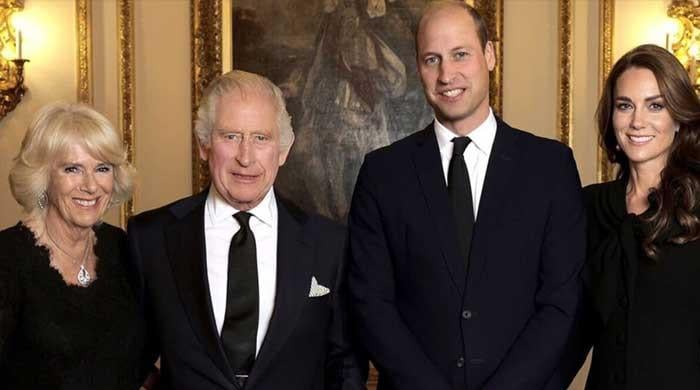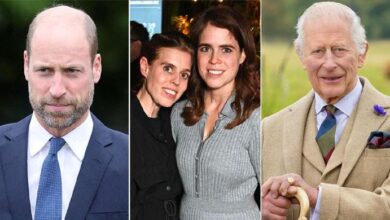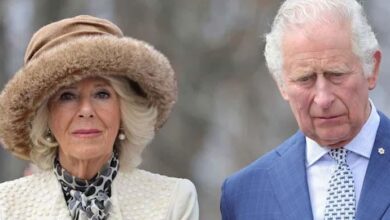King Charles Drops the Hammer on Prince Andrew But PM Keir Starmer Says No to Royal Succession Change

The office of British Prime Minister Keir Starmer has publicly confirmed that there are no current plans to alter the line of succession following recent royal developments. This announcement came a day after King Charles III decided to strip his younger brother, Prince Andrew, of his remaining royal titles.
Prince Andrew, once known as the Duke of York, remains eighth in line to the British throne. Despite losing his prince title, it would require an act of Parliament to officially remove him from the line of succession altogether, BBC reports.
Starmer’s spokesperson clarified that the government “does not intend to go down that road,” indicating a preference to maintain the existing royal succession laws for now. This stance underscores the political consensus on keeping the succession process unchanged.
The decision to strip Andrew of his titles was announced earlier Thursday, marking a significant royal move. Charles took this action amidst mounting public outrage and damaging headlines associated with Andrew’s conduct over the years.
Buckingham Palace issued a statement emphasizing that these censures were necessary, even though Andrew has consistently denied any allegations against him. The palace aims to uphold the dignity and reputation of the royal family amid ongoing controversies.
Andrew’s removal included a complete eviction from his mansion located within the grounds of Windsor Castle, a step that signifies the gravity of the monarch’s decision. This move reflects the seriousness with which the royal family is addressing the scandal.
The royal actions were largely motivated by public outrage and media scrutiny surrounding allegations linked to Andrew’s alleged conduct, which has tarnished his reputation over an extended period. The royal family continues to navigate the fallout from these issues.
Despite denying any wrongdoing, Andrew’s position within the royal hierarchy has been significantly diminished. His loss of the prince title symbolizes the royal family’s effort to distance itself from controversy and preserve its image.
Read More: Sarah Ferguson Refuses Royal Handouts as Andrew Mountbatten Loses His Home in Palace Shake Up
In the United States, the repercussions of this royal decision have sparked broader calls. Some American lawmakers are urging Andrew to cooperate and reveal what he knows about Jeffrey Epstein, especially in light of recent statements from the palace expressing sympathy toward abuse victims.
Members of the U.S. House Oversight Committee, particularly from the Democratic side, have renewed demands for Andrew to testify. They aim to shed light on the controversial Epstein case, which has continued to generate global attention.
The controversy surrounding Prince Andrew has also intensified calls for transparency regarding his connections with Epstein. Many believe that his cooperation could potentially uncover crucial information about high-profile abuse cases.
The royal decline of titles has not only shaken the traditional monarchy but has also resonated globally, drawing attention to the ongoing challenges faced by the British royal family. The situation exemplifies how personal conduct can influence royal protocols.
While the UK government signals an intent to uphold the current succession laws, the scandal remains a sensitive topic within the royal circle. The monarchy’s resilience hinges upon how well it manages these internal and external challenges.
Public sentiment continues to be divided, with some sympathizing with Andrew amid the allegations, while others see the removal as a necessary step to restore public trust. The royal family’s next moves will likely be scrutinized heavily.
In conclusion, the decision to maintain the existing line of succession indicates a preference for stability over radical change amid turbulent times. The royal family awaits how future developments will shape its image and influence.






